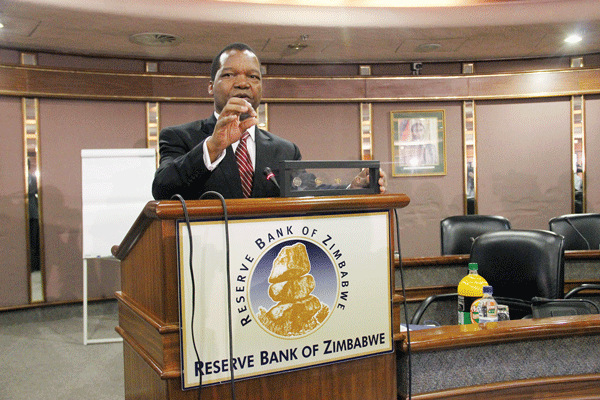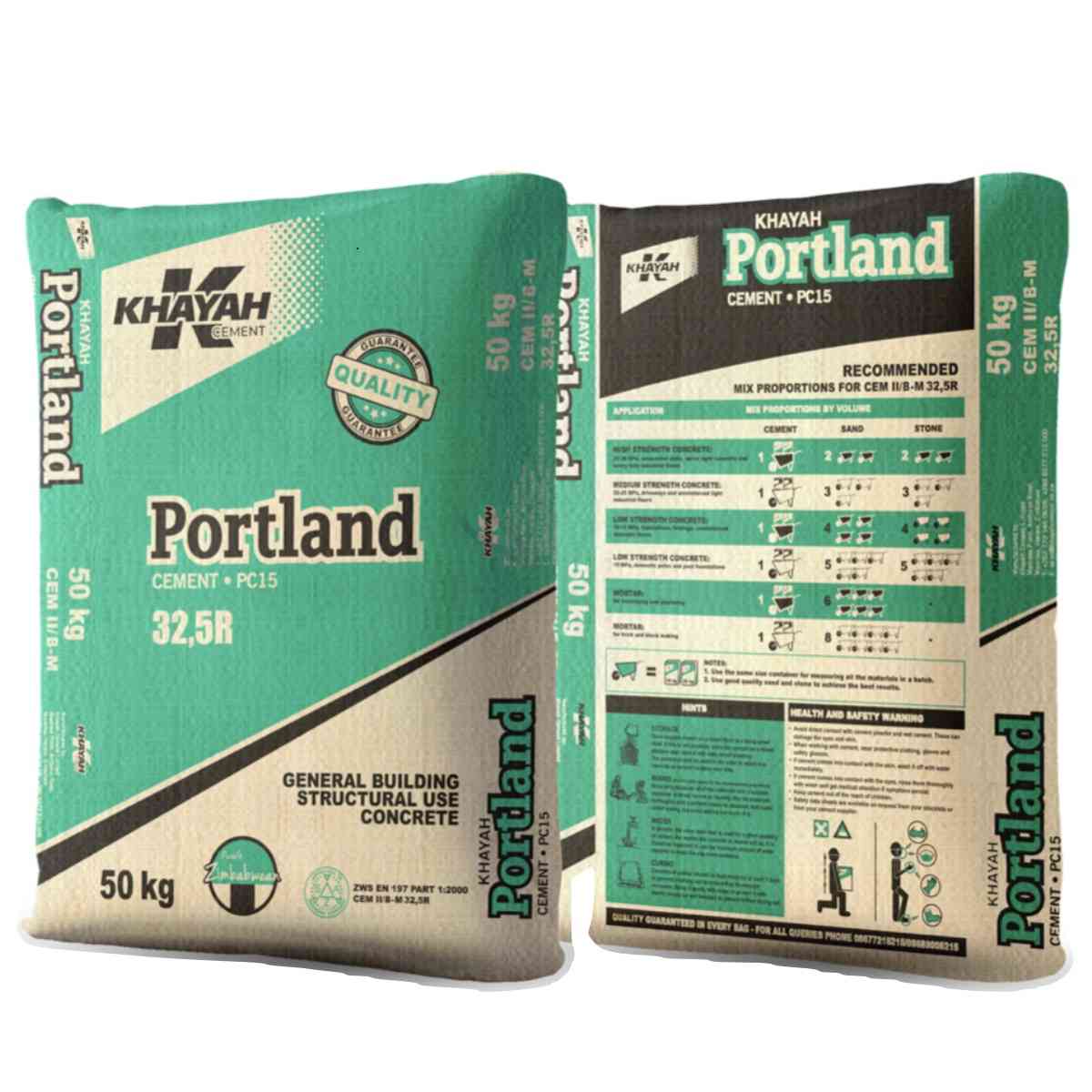
DEALERS that have set up companies to “burn” cash have been cautioned ahead of the coming of the bond notes in November.
BY VICTORIA MTOMBA
Speaking at the Zimbabwe National Chamber of Commerce (ZNCC) breakfast meeting in Harare yesterday, Reserve Bank of Zimbabwe (RBZ) governor, John Mangudya said selling money was not a business, but one needs to produce something other than money to be called a businessman.
“Some of you think you are going to ‘burn’ the bond notes. The dealership mentality does not build a country.
That’s why I become emotional when I am talking about this issue. In fact, we are issuing a statement on Friday (today) or Monday to warn those who are opening companies to externalise currency. We know the people behind it,” he said
Mangudya said the features of the $2 and $5 bond notes would be unveiled during countrywide campaigns by the central bank.
He said the idea was to have the bond notes as scarce as possible.
“Some of you will be asking me where the bond notes are?,” Mangudya said
- Chamisa under fire over US$120K donation
- Mavhunga puts DeMbare into Chibuku quarterfinals
- Pension funds bet on Cabora Bassa oilfields
- Councils defy govt fire tender directive
Keep Reading
He said RBZ has been quiet on the notes because they were waiting for the legal and due processes to be finalised. Bond notes are coming under the $200 million export incentive, where exporters get an extra 5%.
Mangudya said nationwide campaigns will begin on Monday, as the bond notes were expected to be in place in November.
“We are finalising the independent board on the issuance and managing of the notes. Let’s not panic about bond notes, but should panic about being poor,” he said.
Consumer Council of Zimbabwe executive director, Rosemary Siyachitema said they had carried out a survey of 300 consumers, who were sceptical about bond notes and were scared of being poor and impoverished.
She said some of the questions from consumers include clarity on how the bond notes would help, some were afraid that it was a way of bringing back the Zimbabwe dollar.
“We don’t really have a choice. We also want a Zimbabwe that is operational. Remember the coin we embraced it because we want a Zimbabwe that works, but there are a lot of things that have to be resolved,” Siyachitema said. Economist and academic, Ashok Chakravarti said there was need to cut the unsustainable government wage bill, which was chewing over 96,7% of revenue.
Chakravarti said giving incentives on minerals would not make a difference, as the prices were usually determined by the international market, therefore, there was need to put a 10-15% incentive on non-traditional exporters through a 2 to 3% import tax.
“I am not in favour of the $200 million facility; let’s finance the export incentive through a minor import tax. I have been advocating the use of the South African rand since 2009. It is possible to have the rand internally without joining the union and we didn’t get the permission from South Africa to use the rand in 2009,” he said.











